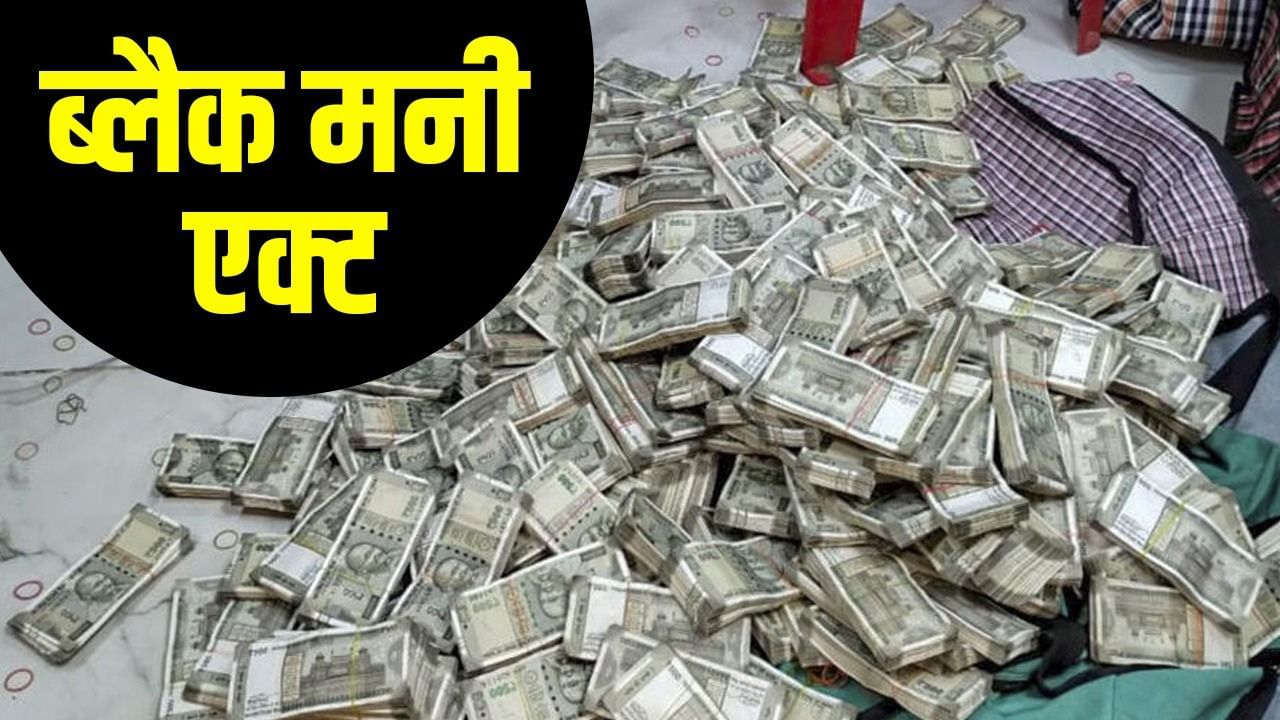black money act
The Income Tax Department has formed an internal committee to review the Black Money Act (BMA), 2015, the law related to black money i.e. undisclosed foreign income and assets. This committee will study the conflict between Income Tax Law and BMA, methods of tax imposition, legal difficulties and problems of handling data received from abroad. It will focus on different tax-related scenarios and their legal implications, conflicts with IT rules, law enforcement challenges and managing the huge amount of data received from other countries. This committee is headed by Amal Pushp, Principal Chief Income Tax Commissioner of Uttar Pradesh (East). Apart from this, another committee, which is being led by Chief Commissioner Jairam Raipura, will work on ways to improve the quality of tax investigation. Besides, the government is also working on bringing new disclosure schemes to increase tax recovery.
BMA, which started in 2015, was a strict step taken by the government against corruption. Its main objective was to curb black money hidden in Swiss and foreign banks, tax havens, trusts and such companies whose real owners were not known. The toughest rule of BMA is that it gives the Income Tax Department the power to raise questions on decades-old undeclared foreign property. If such property is now detected, it is considered as income of the same year in which the department comes to know about it. In normal income tax law, there is a time limit of 3-5 years for investigating tax evasion, but there is no limit in BMA. This makes it difficult to prove the source of old property, because generally people are not able to keep such old records.
heavy penalties and punishment
Under BMA, 30% tax and 90% penalty can be imposed on undeclared property, i.e. total liability of 120%. At the same time, under the Income Tax law the liability is maximum up to 90%. Also, a case can be registered against BMA for not providing details of foreign property, even if the property was purchased with tax paid money. If tax liability is incurred under BMA, then it is considered a crime under Money Laundering Prevention Law (PMLA) and then the Enforcement Directorate can take action.
In ET’s report, law expert Ashish Mehta says that some strict rules of BMA, especially the rule raising questions on old property, should be reviewed. According to him, taxpayers face problems due to lack of old records. Chartered accountant Rajesh P. Shah suggests that the government should provide relief to those who created foreign property legally but did not declare it after becoming tax resident in India. Some experts believe that the government should bring a new declaration scheme like 2015, so that people can declare their undeclared properties. This will generate revenue for the government and taxpayers will get relief from the case. Mehta says that many people were not able to participate in the 2015 scheme and now such a scheme will benefit both the government and the taxpayers.
